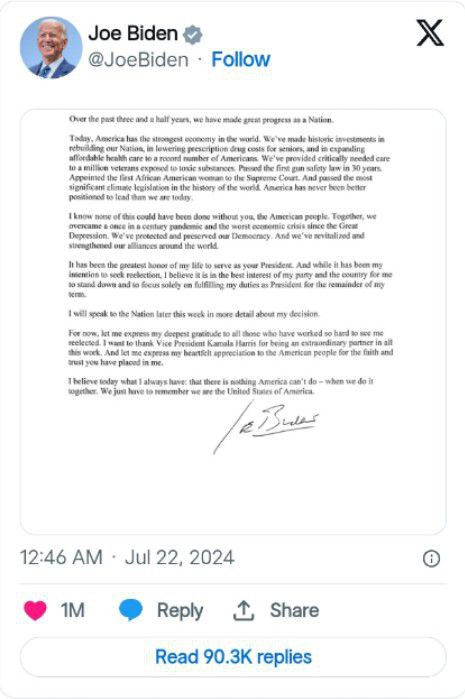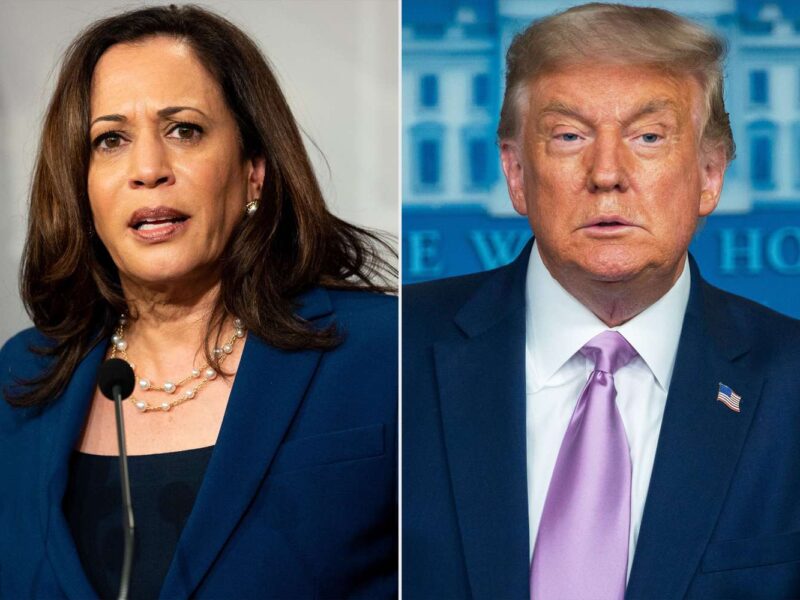
Table of Contents
The Root of Harris’s policies
Following his controversial performance in the presidential debate with Donald Trump, which has intensified concerns regarding his mental sharpness and ability to lead, President Joe Biden has decided to withdraw from the presidential nomination. This decision comes amidst criticism from both the Democratic Party’s elected officials and Republicans, urging him to step down.
Continuing the announcement on X, Biden expressed his support for Kamala Harris as the new party nominee while pledging to focus on his duties during his remaining three months in office. Harris graciously accepted the endorsement and immediately began her campaign efforts, outlining her vision and policies for the nation.
“On behalf of the American people, I thank Joe Biden for his extraordinary leadership as President of the United States and for his decades of service to our country. I am honored to have the President’s endorsement, and my intention is to earn and win this nomination,” Harris stated.
As Harris steps into her new role, questions arise about the economic future. Can she fulfill her economic promises, contrasting Biden’s perceived shortcomings in handling the economy? How can we predict Kamala Harris’s policies? Has anyone attempted to predict Harris’s Policies in the first place?
The Making of Her Identity
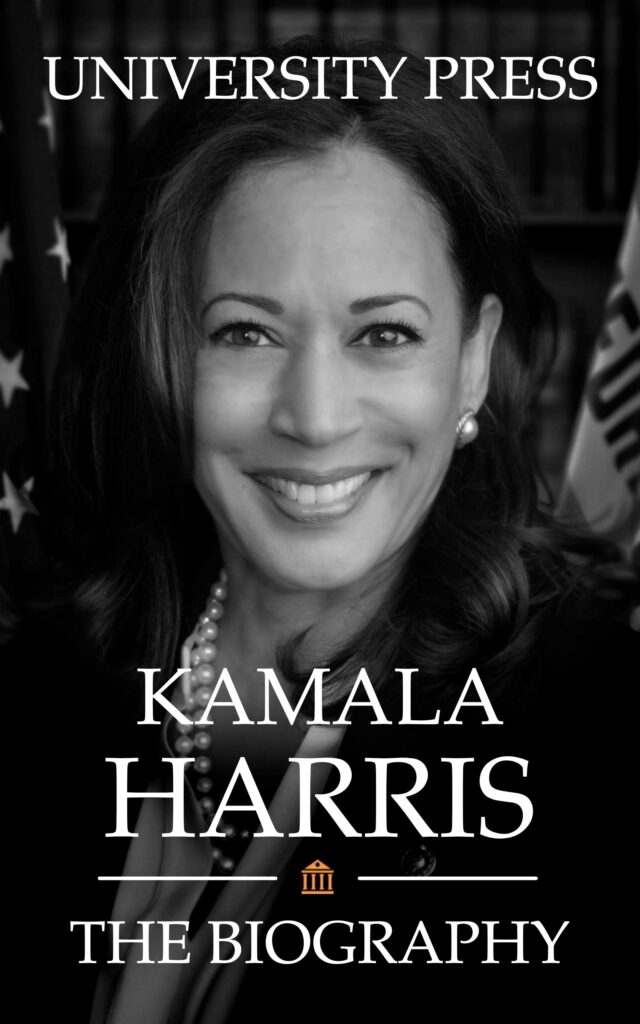
Raised by her Indian mother, a cancer researcher and civil rights activist, Kamala Harris grew up with her younger sister in a divorced household. Immersed in Oakland’s black culture, their mother wanted them to grow up as confident, black women in their adopted homeland. She told us specifically in her autobiography.
Kamala found her voice at Howard University by joining the debate club, a path suggested by Rosario Richardson. Rosario noted Kamala’s strong argumentation skills and emphasized their shared responsibility to use their education to effect change, especially as descendants of enslaved and colored people.

“On behalf of the American people, I thank Joe Biden for his extraordinary leadership as President of the United States and for his decades of service to our country. I am honored to have the President’s endorsement, and my intention is to earn and win this nomination.”
Throughout her political career, from state attorney to vice president, Kamala has built a legacy with her actions, solidifying her reputation as a social rights activist.
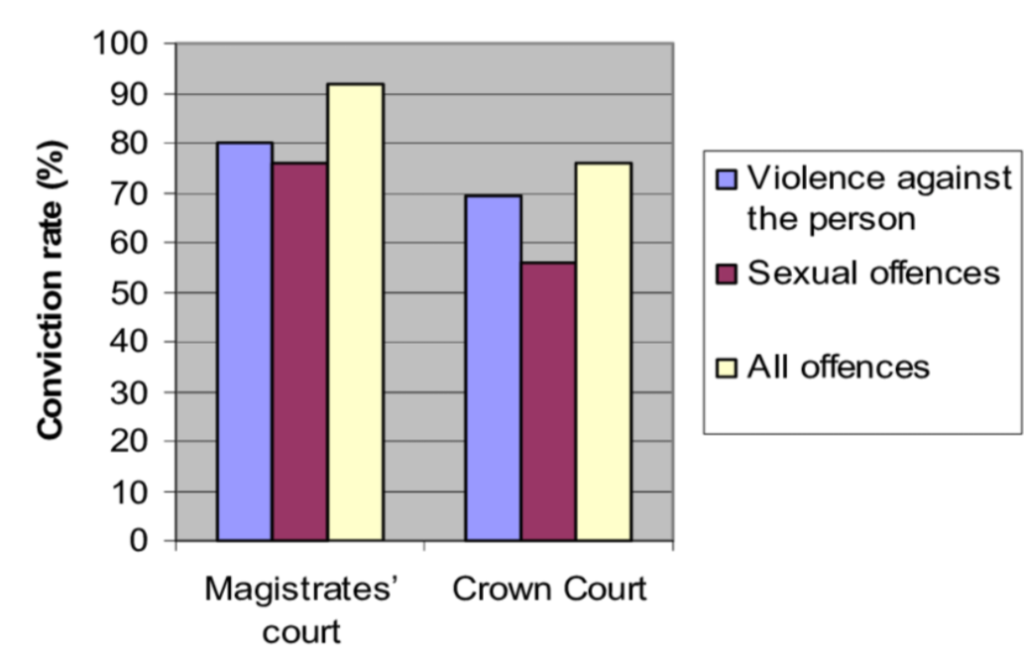
District Attorney of San Francisco (2004-2008):
- Controversial Truancy Law: Supported a 2010 law making truancy a misdemeanor and punishing parents who failed to send their children to school. The truancy rate ultimately dropped.
- Increased Conviction Rate: Raised the conviction rate from 52% to 67%.
Attorney General of California (2011-2017):
- Proposition 8: She once refused to defend Proposition 8 (2008), which banned same-sex marriage in the state.
- Mortgage Settlement: Fought for a larger mortgage settlement for the foreclosure crisis, securing $20bn from the initial $4bn for California homeowners.
U.S. Senate (2017-2021):
- Reforms: Called for immigration and criminal justice reform, an increase in the minimum wage, and protection of women’s reproductive rights. She also created an online platform to make criminal justice data available to the public that helped improve police accountability.
- Advocacy: Became a leading advocate for social-justice reform following the May 2020 death of George Floyd.
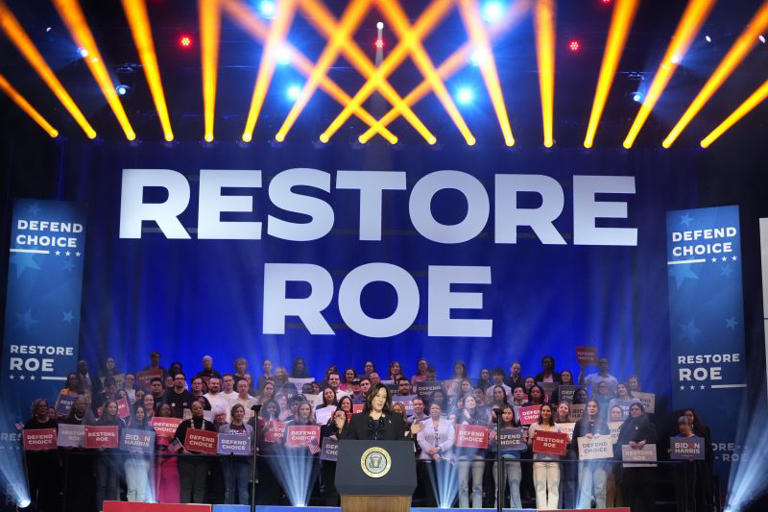
Vice President of the USA (2021-2025):
- Migration and Voting Rights: Addressed the root causes of increased migration from Latin America to the U.S. southern border and promoted national legislation to protect voting rights.
- Reproductive Rights: Launched a nationwide “Fight for Reproductive Freedoms” tour, highlighting the harm caused by abortion bans and frequently warning that reelecting Trump would further limit access to abortion care.
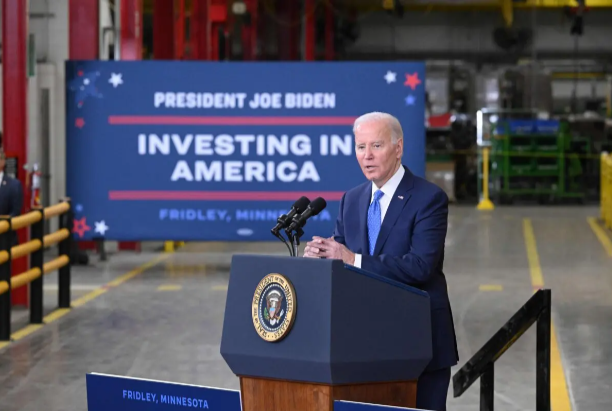
What was (and will) Harris’s policies be?
Forecasting Harris’s Policies may be inspected based on her doings on her previous roles in politics.
She has been actively campaigning, addressing economic concerns impacting low- and middle-income Americans, such as healthcare, family care, education, and employment. Her economic approach is expected to mirror the Biden-Harris administration’s legacy, which includes significant public investments through measures like the Inflation Reduction Act, the CHIPS and Science Act, and the Infrastructure Investment and Jobs Act.
~ Investing in the manufacturing sector
According to Financial Times, on predict Harris’s Policies, current and former administration officials anticipate that she will continue to prioritize investments in the manufacturing sector, enhance infrastructure, and promote green energy policies.
She has been actively promoting investments in the manufacturing sector as part of the Biden-Harris Administration’s “Investing in America” agenda. Additionally, this agenda includes several key initiatives:
A. Support for Small Manufacturers: The administration has been providing support for small manufacturing businesses through initiatives like the State Small Business Credit Initiative (SSBCI). This program aims to give small businesses access to capital for investing in manufacturing equipment.
B. Semiconductor Manufacturing: Harris has emphasized substantial investments in semiconductor manufacturing and research to bolster American innovation and competitiveness.
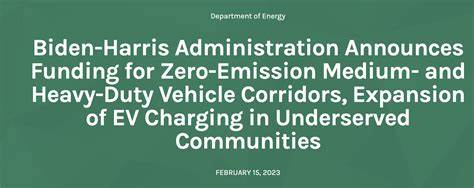
C. Electric Vehicle Manufacturing: She recently announced over $100 million in new funding for small-and medium-sized auto manufacturers with a particular focus on electric vehicle manufacturing.
D. Diversifying Supply Chains: Harris has urged companies in sectors, such as semiconductor manufacturing, clean energy, and transportation. It’s to diversify domestic supply chains by committing a portion of their contract spending to small and underserved businesses.
Additionally, Harris supports expanding childcare, paid family leave, and education funding, advocating for affordable child and elder care. She has backed the Child Tax Credit and student debt relief.
~ Broadening Access to Childcare, Paid Family Leave, and Increasing Education Funding:
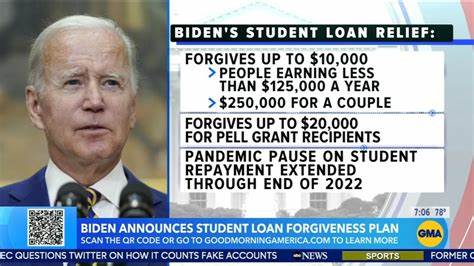
Kamala Harris potentially will advocate for more affordable childcare and elder care, as well as other aspects of family caregiving that Biden was unable to push through Congress.
Building on the existing Biden-Harris’s policies, Harris is likely to support funding for education and childcare. For example, she has endorsed expanding the Child Tax Credit and providing subsidies for childcare.
Additionally, she supports expanding paid family leave. Under the Biden-Harris administration, $168 billion in student loan debt was canceled for 4.8 million Americans, a policy Harris is expected to continue promoting.
~ Supporting Education and Job Training Programs:
Kamala Harris has been a strong advocate for job training programs designed to help middle-class workers advance in their careers and adapt to a changing economy. Key initiatives and proposals include:
A. High Road to the Middle Class: This initiative focuses on high-quality training programs that align with employer needs and regional labor market demands, creating equitable pathways to quality jobs in sectors like infrastructure, clean energy, and manufacturing.
B. American Jobs Plan: This plan includes provisions for expanding apprenticeships and workforce development programs to help workers gain the necessary skills for blue-collar jobs.
C. Lift the Middle-Class Act: While not a job training program per se, this proposal aimed to provide significant tax relief to low- and middle-income workers, indirectly supporting their ability to pursue further education and training.
~ Expanding Coverage & Lowering Costs:
Despite her support for protecting the Affordable Care Act (ACA), Kamala Harris plans to go further by expanding healthcare coverage and lowering healthcare costs for low- and middle-income Americans.
A. Medicare for All:
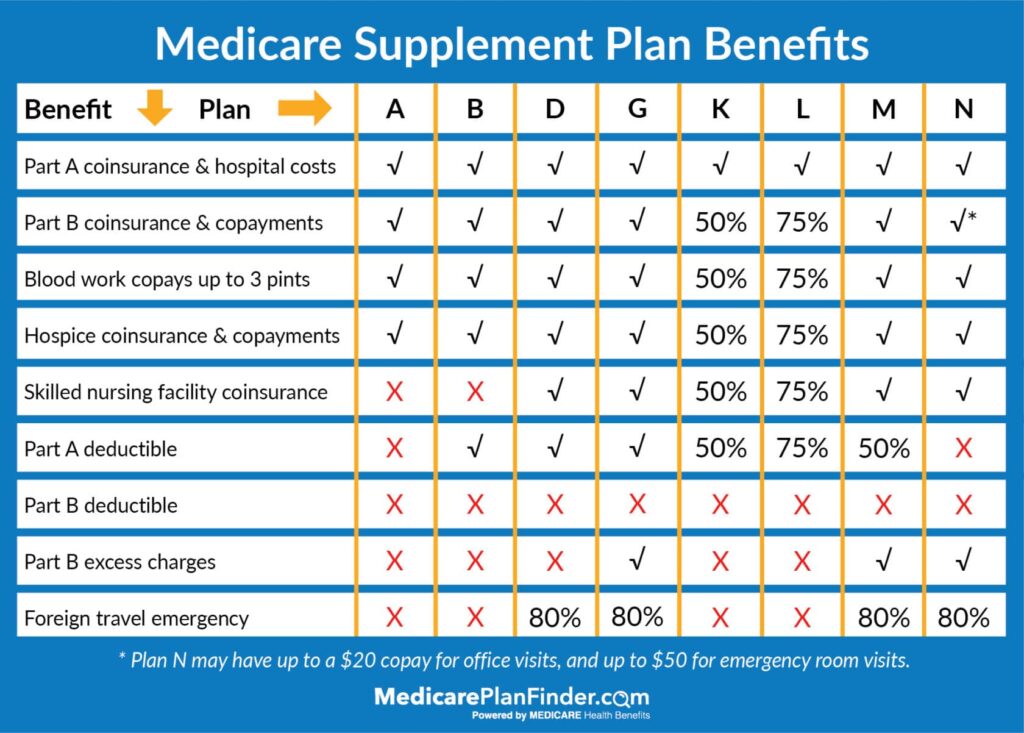
Harris has endorsed the idea of a single-payer healthcare system, often referred to as “Medicare for All.” This plan aims to provide comprehensive healthcare coverage to all Americans, reducing reliance on private insurance.
During her 2020 campaign, Harris showed more liberal instincts on healthcare than Biden. “She may be more willing to take on some of the sacred cows in health care than the Biden administration was, and obviously signed onto ‘Medicare for All.’ She also supported public option proposals in the Senate,” Corlette said.
You could see more backing of a government-supported plan option for people, which could have the power to bring down the costs of insurance.”
B. Affordable Care Act (ACA):
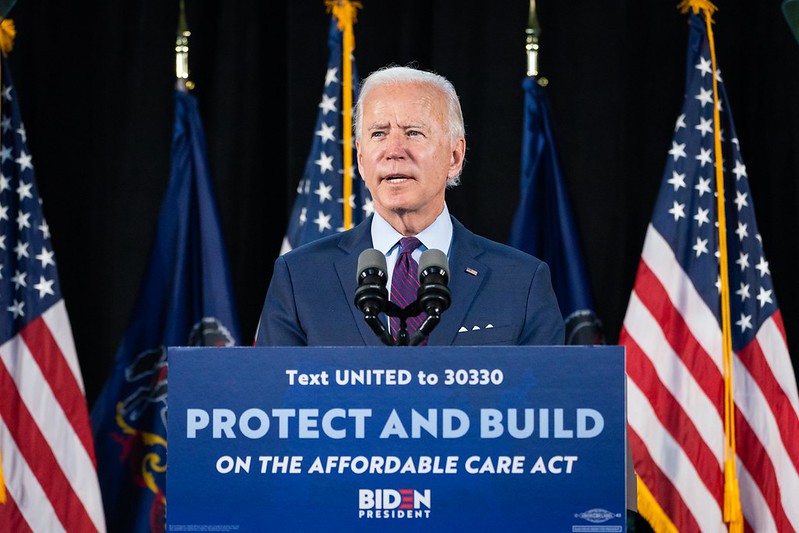
Harris is committed to strengthening and expanding the ACA, which includes increasing subsidies for health insurance, expanding Medicaid, and introducing a public option to compete with private insurers.
“If Harris were to win, she will seek to continue expanding eligibility as Biden has done, while also shoring up Medicaid and Medicare and protecting reproductive health care,” said David Damore, Ph.D., professor of political science and Lincy Presidential Chair at UNLV.
She could also carry on Biden’s attempts to expand Medicare to cover dental, vision, and hearing benefits for seniors.
C. Prescription Drug Prices:
Harris supports measures like allowing Medicare to negotiate drug prices directly with pharmaceutical companies, which could significantly impact the U.S. healthcare system, from abortion rights to insurance coverage to drug pricing.
D. Reproductive Rights:
Harris has been vocal in her support for reproductive rights, becoming the first vice president to visit a Planned Parenthood clinic and criticizing Republican vice presidential candidate J.D. Vance for supporting a national abortion ban and blocking protections for in-vitro fertilization.
~ Supporting Labor Unions:

Kamala Harris has been a strong advocate for workers’ rights and unions throughout her career. In her July 25th speech, she emphasized that giving workers a voice by supporting unions is one of the best ways to keep the USA moving forward.
According to Benzinga, she has received endorsements from several major labor unions, including the United Auto Workers (UAW) and the American Federation of Teachers (AFT), highlighting her commitment to supporting the working class.
Labor unions quickly rallied around her endorsement, showing strong support for her after being an heir apparent to Biden, who was the first president actively supportive of labor unions during his presidency.
~ Increasing Corporate Tax:
Officials, speaking on condition of anonymity because they were not authorized to discuss political matters publicly, indicated that Harris is likely to align with Biden’s 2025 proposal to increase the corporate tax rate from 21% to 28%.
This plan aims to generate additional revenue for federal programs and reduce the budget deficit. Harris’s stance on tax policy generally mirrors Biden’s, focusing on ensuring that wealthy individuals and corporations contribute more to the economy.
Possible Outcome of Harris’s Policies
To predict Harris’s policies, we are provided with insights from her time as California Attorney General, State Attorney General, Senator, and now Vice President of the United States. It’s very likely that Harris will pursue policies similar to what she had opposed in her previous jobs
A. San Fransisco Attorney General
Her first election has led her to build her identity upon facing social rights throughout the state. Therefore, Harris’s old policies that she proposed might be utilized for her actions during her presidency, which means she will do it again.
- Big voice on criminal justice =
she once handled a murder case that would reverberate through his career. She opposed the death penalty in Isaac Espinoza’s case, she would seek a prison sentence without parole instead. - Working on recidivism =
Kamala Harris launched the “Back on Track” initiative in 2005. This program aimed to reduce recidivism among low-level, non-violent drug offenders by providing them with education, job training, and other support services. Over a two-year period, the program successfully reduced recidivism rates among its participants to less than 10%.
B. California Attorney General:
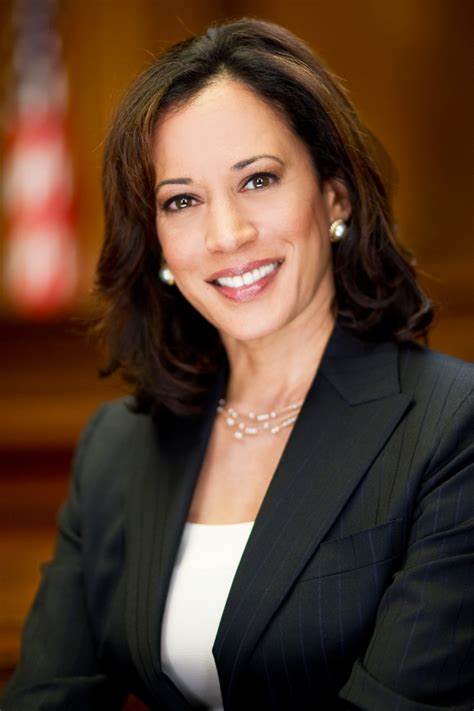
During her tenure as California Attorney General, Kamala Harris implemented several key policies that earned her the title of California’s top prosecutor. Given the success of these policies, it is likely that Harris would revisit them in her future endeavors.
- Protections for Homeowners Facing Foreclosure: Harris’s notable achievement in securing a multi-billion dollar deal with the U.S. on the mortgage foreclosure crisis suggests she would continue to champion issues such as homeowner protections, child care (free tax 2004), and student debt relief.
- Advocacy in Criminal Justice: Harris is expected to continue her vocal advocacy for criminal justice reform, particularly in pushing for appropriate jail sentences. However, she is likely to maintain her stance on capital punishment, similar to her position in previous years.
- Addressing Climate Change: Harris was one of the 17 attorneys general who made efforts to address greenhouse gas emissions from power plants. She also supported the Environmental Protection Agency’s standards to limit gas emissions from oil and natural gas operations.
Such efforts like anti-truancy haven’t been plausible to be opposed by Harris, as it received backlash from critics, arguing that the law targeted low-income families only. This effort also was one of the critics that held her back on 2020 presidential run.
C. Vice President:
We can also see her supporting Joe Biden’s economic visions over the past four years. That record is what Biden had been campaigning on before dropping out, and it’s likely that Harris’s potential policies may follow suit.
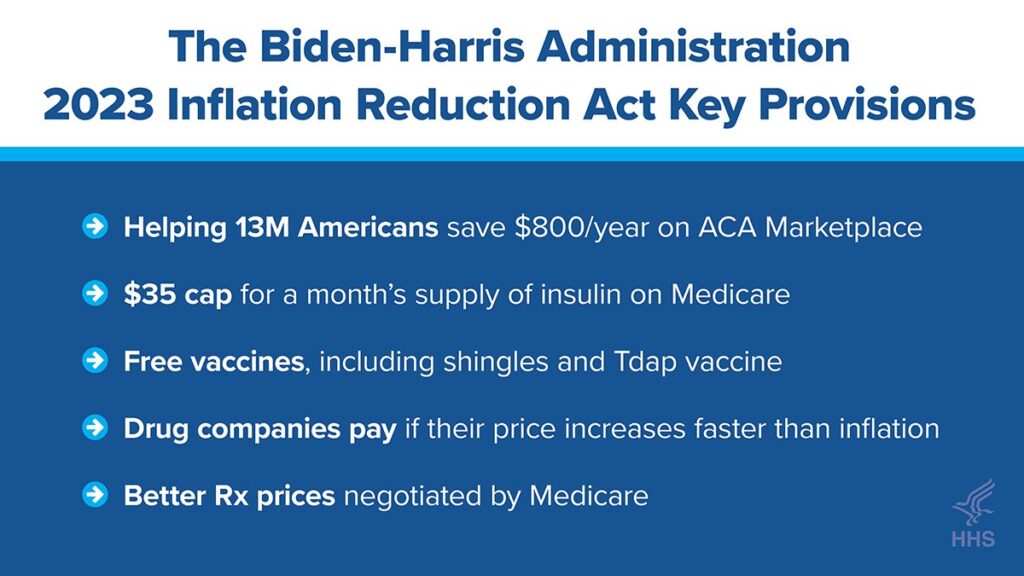
- Making Smart Public Investments in America: Harris has been promoting key acts such as the Inflation Reduction Act (IRA), the CHIPS and Science Act, and the Infrastructure Investment and Jobs Act to attract more private sector investment.
- Empowering and Educating Workers to Grow the Middle Class: Harris has supported forgiving student debt for qualifying borrowers, supporting unionization and collective bargaining, and investing in registered apprenticeships.
- Promoting Competition to Lower Costs and Help Entrepreneurs and Small Businesses Thrive: Harris has advocated for combating junk fees, lowering prescription drug costs for seniors, and enforcing antitrust laws to lower costs.
Harris has expressed many of the same views as Biden on healthcare issues, including access to abortion and lowering prescription drug prices. She has consistently maintained these positions both while campaigning against Biden for their party’s presidential nomination during the last general election and as Biden’s vice president.
While the persistence of inflation shapes voters’ views of the economy, the economic data does not necessarily account for social issues such as abortion and gun control that Democrats say will help them in the election.
+ Prosecutor?
Besides attempts to predict Harris’s policies, the one thing that would certainly happen upon her presidency would be her being an “active prosecutor”. It’s generally known that Harris has been active in criminal justice since her time as a district attorney.
She first worked at the Alameda County District Attorney’s office, prosecuting child sexual assault cases and later moved to the San Francisco City Attorney’s Office, which provides legal services to the city and represents it in civil claims.

In her 2009 book, “Smart on Crime: A Career Prosecutor’s Plan to Make Us Safer,” published near the end of her tenure as DA, Harris described herself as a prosecutor who was “tough on crime by being Smart on Crime,” said she promoted programs to fix recidivism and made “improving my office’s felony conviction rates my number one priority.”
Her pivotal point came 5 years later as the fatal police shooting of Michael Brown in Ferguson, Missouri, in 2014 began to soar through everyone’s ears. Harris then embraced the calls for change by actively seeking for justice on the case.
“She’s the only district attorney that I would ever work for to this day, because I believed the ethics that she put into the office,” said Simon, who is now running for Congress in the Bay Area as a Democrat. “She tried to create an office that was fair and balanced.”
Harris said at a rally in Wisconsin on Tuesday. “I took on perpetrators of all kinds, predators who abused women, fraudsters who ripped off consumers, cheaters who broke the rules for their own game.”
How about Trumponomics?

As Harris is assumed to induce policies similar to Biden-Harris time, we may compare the possible economic circumstances with their opposing candidate, Trump.
Harris
During Biden-Harris, USA has been emphasized with vigorous manufacturing growth, which fueled the economy upon attempting to expand the labor market. The data shows that manufacturing jobs have grown by about 6.5% since Biden took office.
The proposed programs of Biden’s presidency were Bipartisan Infrastructure Law, the CHIPS and Science Act, and the Inflation Reduction Act upon COVID-19.
However, it may be slightly difficult to predict Harris’s policies on economy as she has been (slightly too) silent about her ideas on the economy. Kamala Harris will need to quickly present her economic vision to American voters. If we look at her time as an attorney general, she took on oil companies and banks.
As Vice President, she supported Biden’s economic stimulus programs. This includes the expansion of green energy and the “American Rescue Plan”. Similar to her doing in her time as an attorney general, Harris will still definitely be vocal on rights, she will fill the following democratic voice contributions of black women.
She will also be active on labor unions, remembering that she has received support from the unions itself as she will continue Biden’s legacy on labor rights. She will also parental leave and support measures, such as Medicaid, Medicare, and Social Security.
Trump
Trump has been seemingly active in voicing “inflation, inflation, inflation,” probably 14 times. He knows what has been the main issue these years that hasn’t been flaring down.
During his first three years in office, Trump saw wages outpace inflation. During his speech, he also proposed his idea of cutting tax regulations, which winning agreements from companies that would lower the corporate tax.
In the end, Trump has been promising inflation as his one of the primary concerns during his presidency. Different than Trump, Harris has barely talked about inflation in her speeches, dominantly talking about rights policies.
HOWEVER
16 Nobel prize winners predicted that Trump would only raise inflation. According to Trump’s GOP, upon campaigning for his second term, Trump has been imposing tariffs, something that citizens have been opposed to. He declares that it would protect U.S. manufacturing jobs, strengthening external borders and limiting migration.
He considers a plan to impose tariffs of 60% or higher on Chinese goods and a 10% tariff on all U.S. imports.
Besides that, people have been concerned with the possibility of another China trade war that had cost Americans $195 billion since 2018- according to the American Action Forum- and 245.000 U.S job loss- according to U.S.China Business Council.
Former UN ambassador Nikki Haley, Trump’s sole remaining presidential challenger, criticized that policy proposal for the impacts it would have on American pocketbooks.
“What Donald Trump’s about to do, is he’s going to raise every household’s expenses by $2,600 a year,” said Haley in a January interview on CNBC’s “Squawk Box,” referencing data from the fiscally conservative National Taxpayers Union.
Home Post
Sources
https://www.britannica.com/biography/Kamala-Harris
https://www.bbc.com/news/articles/c2501n5rvvno
https://www.ft.com/content/15678490-a2da-40b7-a631-75252458a054
https://www.dw.com/en/what-joe-bidens-exit-means-for-the-global-economy/a-69738474
https://abcnews.go.com/Business/labor-unions-start-unify-kamala-harris/story?id=112159728
https://www.nbcnews.com/investigations/kamala-harris-criminal-justice-policies-california-rcna1https://oag.ca.gov/news/press-releases/attorney-general-kamala-d-harris-launches-initiative-reduce-recidivism63518
https://www.politifact.com/article/2024/mar/04/Biden-Trump-economy-who-did-better
